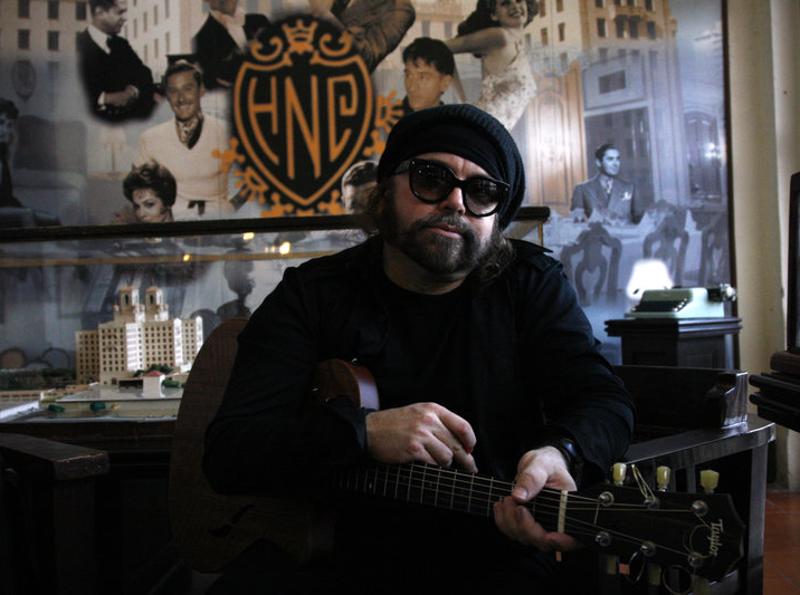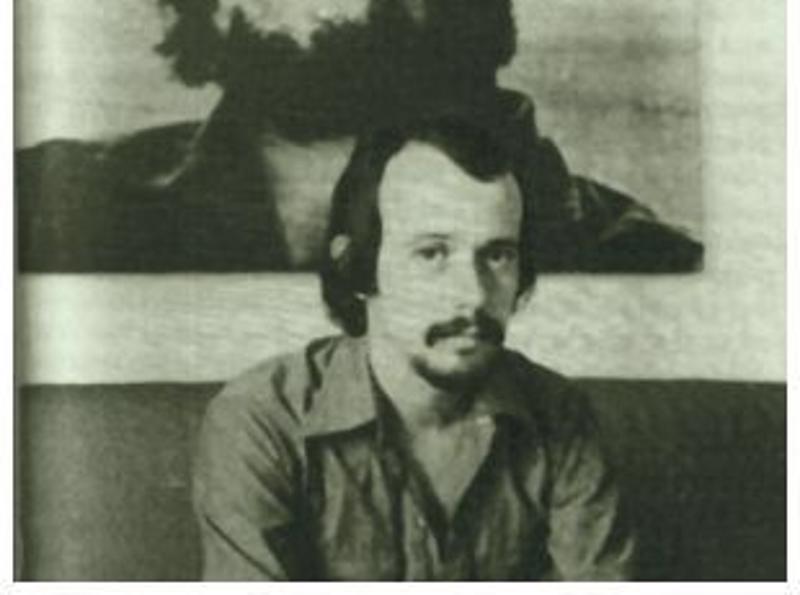My diary
For my last entry I decided to switch it up a little bit. I mentioned enjoying the displacement City of God produced since it was entirely in another language so decided to do music in the same way. My wife is Cuban-American so she helped me with some of her families favorite political Cuban singers. These were also perfect to use given the recent death of Fidel Castro.
The first song is by Carlos Varela, entitled "Muros Y Puertes" (Walls And Doors). The English translation is below and a live version is at this link https://youtu.be/5QD_Qtmpf1o
jalorello
6 chapters
15 Apr 2020
Songs from Cuba
December 02, 2016
For my last entry I decided to switch it up a little bit. I mentioned enjoying the displacement City of God produced since it was entirely in another language so decided to do music in the same way. My wife is Cuban-American so she helped me with some of her families favorite political Cuban singers. These were also perfect to use given the recent death of Fidel Castro.
The first song is by Carlos Varela, entitled "Muros Y Puertes" (Walls And Doors). The English translation is below and a live version is at this link https://youtu.be/5QD_Qtmpf1o

Ever since the world's existed
There's one thing that is certain
There are those who build walls
And those who open doors
Ah but this my love I'm thinking you already knew
For some it's always winter
While others have the spring
Some people find good fortune
While others never find a thing
Ah but this my love is something you already knew
That's how it's always been
And I know you know it
There can be freedom only when nobody owns it
I'm going to say that again
Because I know you know it
There can be freedom only when nobody owns it
Of what use is the moon if you don't have the night?
Of what use is a windmill with no Quixote left who'll fight?
Ah but this my love is something you already knew
At some point on the horizon
Sky can be confused with earth
Some people dream of God
While others dream of wealth
But of course my love this is what you see out on the street
It's how it's always been
And I know you know it
There can be freedom only when nobody owns it
Let me say that again
Because I know that we both know it
There can be freedom only when nobody owns it
When nobody owns it
When nobody owns it
Ever since the world's existed
There's one thing that is certain
Some people build walls
The important thing in listening to Carlos Varela, was that I really did not need the English translation to get a feeling for what the music was evoking. Of course it helped me better understand, but even with out the lyrics, the composition and emotion of the music was clearly a call for something. I listened to an acoustic version of the song which meant that there was nothing but Varela strumming and his voice weaving the lyrics together. This also went well against the grain of what I have been told is "real Cuban" music like the traditional “son” music made famous by the Buena Vista Social Club. I was somehow surprised at how this song sounded just like anything I might listen to on a daily basis instead of containing what has been produced in my mind as traditional Latin influences. It helped to address my own erroneous and ethnocentric assumptions.
His powerful repeat of
"Y siempre fue así
y eso tú lo sabes,
que la libertad solo existe
cuando no es de nadie. "
is the most important piece in the construction of the song. In english, "there can only be freedom when no one owns it". This one section of the song speaks to almost everything we discussed in class. It evokes a quote from dissident friendships when Kurian writes about solidarity and dissident friendships (citing Chowdury) “it is in its recognition of plurality of subjectivities and situations that friendship sets off a process of self-reflection by means of which one is able to work one’s way across self-reflection and into a “human connection that nourishes self-growth as well as fosters community”” (pg. 124) Within this human connection discussed we do not "own" one another or freedom for that matter. The community is based in a place of dissident and reflection. To me music such as Carlos Varela's ask us to do this type of self-reflection. It his lyrics and composition of this type that allows me to think differently as I feel the rhythm of the music. The structure of the song asks you to evoke this type of reflection and emotion and to harness this into action of "opening doors" for others.

The second song I listened to was much older by Silvio Rodríguez entitled, The era is giving birth to a heart (La era está pariendo un corazón) This song was written during the revolution in Cuba is mostly a commentary on that period of time. https://youtu.be/Jt403X7oFDE
This song also went against my former notions of Cuban music, as it was also had an acoustic, singer songwriter feel. Being an older tune, his music has moved across both borders and generations.
I've asked my shadow
If my mood is suitable for me to laugh
As the cries, with a temple-like voice
Burst into the room
Spreading time
My shadow tells me that laughing
Is seeing cries, such as mine
So I fell silent, despairing
And then I hear it
The Earth is crying
The era is giving birth to a heart
It can't stand it anymore, it's dying from pain
And we must run to its side
Because the future is falling down
In any jungle in the world
In any street
I must leave this house and the couch
A mother lives until the sun dies
And if necessary, we must burn down the sky
In order to live
For the sake of any man in the world
For the sake of any home
His lyrics are a somber call to action. Filled with melancholic imagery yet ending with "And if necessary, we must burn down the sky In order to live For the sake of any man in the world For the sake of any home" an activist call to action. This speaks to the last chapter of DF that we read and the discussion of activist vs deliberative democracy. Here it is clear that Silvio was writing in a time that deliberative democracy may not be enough. Real activist actions and "burning down the sky" was needed given his situation and the situation he is calling us to. Of course out actions will be dictated by our specific location in the system. A location that for Silvio is much different then mine.
Both songs and all of my last three posts are culminated by a quote from our final chapter of DF. "In order to really change the structures, forces, and dynamic that oppress us, we have to change the terms of our relations. Friendship-as a personal relation, as a political principle - crucial to this process." (pg. 237) From film, to music, to friendship, all of it has a political role to play and a change to be cultivated from within.
Chowdhury, E. and Philipose, L. (Eds.). (2016). Dissident friendships: Feminism, imperialism and transnational solidarity. IL: University of Illinois Press. (DF)
Hegde, R., S. (Ed.). (2011). Circuits of visibility: Gender and transnational media cultures. NY: New York University Press. (CV)
Share your travel adventures like this!
Create your own travel blog in one step
Share with friends and family to follow your journey
Easy set up, no technical knowledge needed and unlimited storage!